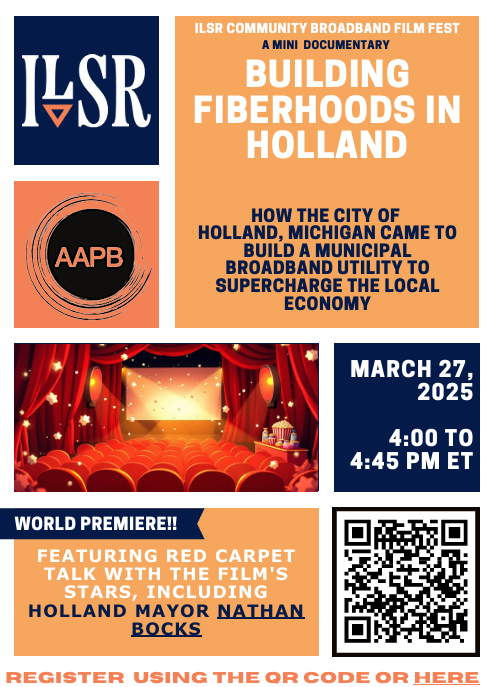Study: Affordable Connectivity Program More Than Paid For Itself
A new study by The Brattle Group found that the FCC’s Affordable Connectivity Program (ACP) generated more savings for taxpayers than it cost. Healthcare savings generated by the low-income program alone more than offset its annual burden to taxpayers, undermining claims that the program was dismantled as an act of fiscal efficiency.
The ACP, part of the 2021 infrastructure bill, provided 23 million low-income households a $30 broadband discount every month. It provided a larger $75 a month discount for low-income residents of widely underserved tribal areas.
The ACP also provided low-income Americans a $100 subsidy to help them afford a laptop, tablet or a desktop computer.
Generally viewed as a rare bipartisan success story, the ACP took direct aim at a primary problem across U.S. broadband: affordability.

But the program was unceremoniously allowed to expire in 2024 after GOP leaders including House Speaker Mike Johnson refused to even bring funding bills to the House floor for a vote, despite widespread support from industry, consumer groups, and even then Republican Ohio Senator JD Vance.




